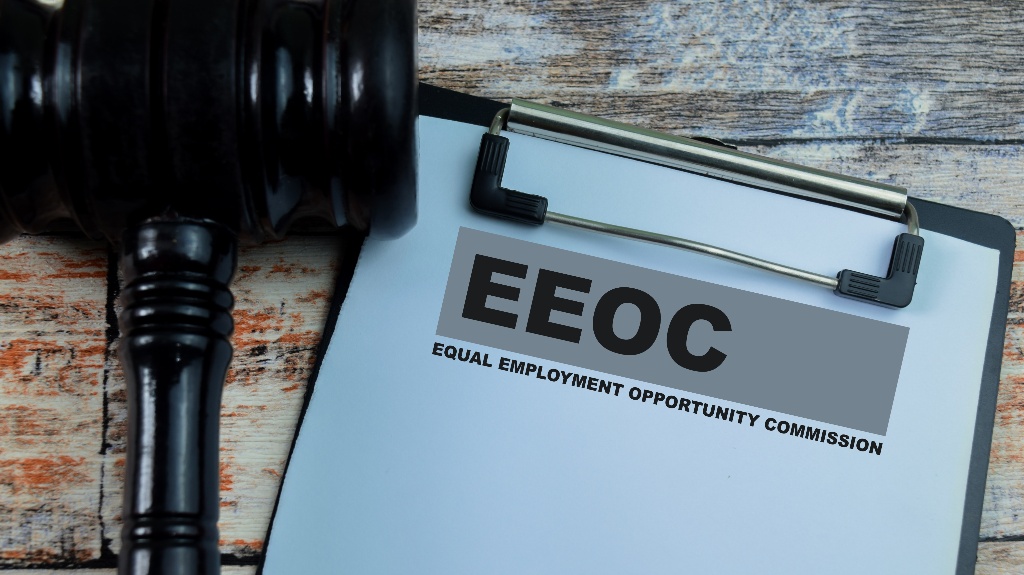If you have experienced workplace discrimination, harassment, or retaliation, filing a complaint with your employer or the Equal Employment Opportunity Commission (EEOC) may be a necessary step. However, before initiating a formal claim, it is important to prepare thoroughly. Taking the right steps in advance can strengthen your case, preserve your rights, and improve the likelihood of a favorable outcome.
The Kentucky employment lawyers at Abney Law know how to prepare you for an EEOC claim or similar state claim. Your rights deserve protection and we are here to help. Schedule a consultation today to learn more.
1. Understand What Constitutes Unlawful Conduct
Before filing, confirm that the behavior you experienced falls under federal or state anti-discrimination laws. The EEOC enforces laws that prohibit discrimination based on:
- Race, color, or national origin
- Sex, gender identity, or sexual orientation
- Religion
- Age (40 or older)
- Disability
- Genetic information
- Retaliation for protected activity
Not all unfair treatment is illegal. Consult an employment attorney to determine whether your situation qualifies.
2. Document the Incidents
Detailed documentation is critical. Record each incident with:
- Dates, times, and locations
- Names of individuals involved
- Descriptions of what occurred
- Any witnesses present
- Copies of emails, texts, or other communications
3. Review Your Employer’s Policies
Most employers have internal procedures for reporting discrimination or harassment. Review your:
- Employee handbook
- Anti-discrimination or anti-harassment policies
- Grievance procedures
- Reporting channels (e.g., HR, supervisor, compliance officer)
4. File an Internal Complaint (If Applicable)
Before going to the EEOC, consider filing a formal complaint with your employer. This may involve:
- Submitting a written report to HR or management
- Requesting an investigation or mediation
- Cooperating with internal review processes
Keep copies of all communications and responses. If your employer fails to act or retaliates, this strengthens your claim with the EEOC.
5. Preserve Relevant Evidence
In addition to documenting incidents, preserve:
- Employment records (e.g., performance reviews, disciplinary actions)
- Pay stubs, schedules, or timecards
- Emails, memos, or chat logs
- Security footage or audio recordings (if legally obtained)
Do not delete or alter any files. If you anticipate litigation, preserving evidence is essential to avoid spoliation claims.
6. Identify the Correct Filing Deadline
EEOC claims are subject to strict time limits. In most cases, you must file within:
- 180 days of the discriminatory act (federal deadline)
- 300 days if state or local agencies enforce similar laws
Missing the deadline may bar your claim entirely. Track key dates and act promptly.
7. Consider Legal Representation
Employment law is complex, and retaliation is a real risk. Consulting an attorney before filing can help you:
- Evaluate the strength of your claim
- Understand your rights and options
- Draft a compelling complaint
- Navigate employer retaliation or settlement offers
8. Prepare Your EEOC Intake Questionnaire
To initiate a claim, you must complete the EEOC’s Intake Questionnaire. This form asks for:
- Personal and employer information
- A description of the alleged discrimination
- Dates and details of incidents
- Supporting documentation
Be clear, factual, and concise. Filling this out with your attorney better ensures you understand what it is asking and that you are accurate in your responses.
9. Decide Whether to File Online, In Person, or by Mail
The EEOC allows claimants to file:
- Online through the EEOC Public Portal
- In person at a local EEOC office (by appointment)
- By mail with completed forms and documentation

Your attorney can help you choose the method that is best in your situation.
10. Stay Professional and Focused
Throughout the process, maintain professionalism. Avoid emotional outbursts, social media posts, or confrontations with coworkers. Focus on facts, follow procedures, and protect your credibility.
Preparation Is Key to a Strong EEOC Claim
Filing a workplace complaint or EEOC claim is a serious legal step. By following this checklist, employees can prepare effectively, preserve their rights, and present a well-supported case. Whether you are facing discrimination, harassment, or retaliation, informed action is the foundation of workplace justice.Let the experienced employment discrimination attorneys at Abney Law review your case. We can help you get prepared for your EEOC claim. Contact us today for a consultation.


